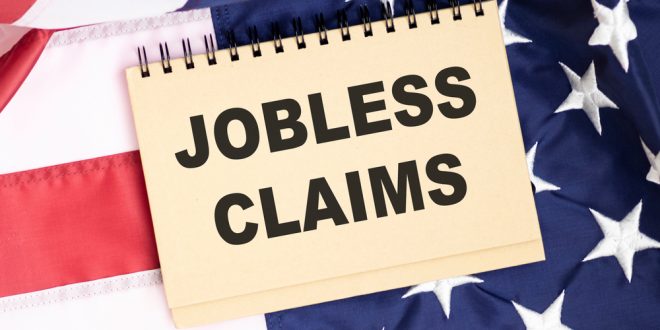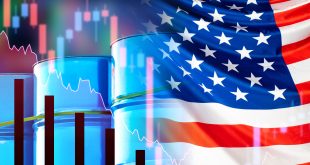Weekly jobless claims tumbled last week, reaching a fresh 52-year low as the US jobs market climbs out of its pandemic-era hole, the Labor Department reported Thursday.
Initial filings for unemployment insurance totaled 184,000 for the week ended Dec. 4, the lowest going back to Sept. 6, 1969, which saw 182,000.
Initial claims for unemployment insurance were expected to total 211,000 for the week ended Dec. 4, according to a Dow Jones economist survey.
The total coincided with a large seasonal modification, as the unadjusted number was 280,665. But the move lower in claims, which fell from the 227,000 reported the week before, represents more progress for a labor market still struggling with a worker shortage and other pandemic-related fallout.
Continuing claims, which run a week behind the headline number, increased 38,000 to just shy of 2 million. However, the four-week moving average for continuing claims, which irons out weekly volatility, dropped to 2.03 million, a decline of 54,250.
A correction next week seems likely, but the trend in claims clearly is falling rapidly, reflecting the extreme tightness of the labor market and the rebound in GDP growth now underway. It is very risky for firms to let go staff unless they have no other choice, because re-hiring people later will be difficult and likely expensive.
The total of those receiving benefits under all programs plunged, falling by 350,527 to 1.95 million, according to data through Nov. 20. The number was about 10 times that level a year ago.
The trend in claims belies weaker-than-expected monthly payroll numbers. November showed hiring growth of just 210,000, even with the unemployment rate sliding to 4.2%.
The Fed next week is expected to accelerate the tapering of its bond-buying program, likely reducing its purchases by $30 billion a month. That in turn is seen as a precursor to rate hikes, which now could happen as soon as May 2022.

 Noor Trends News, Technical Analysis, Educational Tools and Recommendations
Noor Trends News, Technical Analysis, Educational Tools and Recommendations




